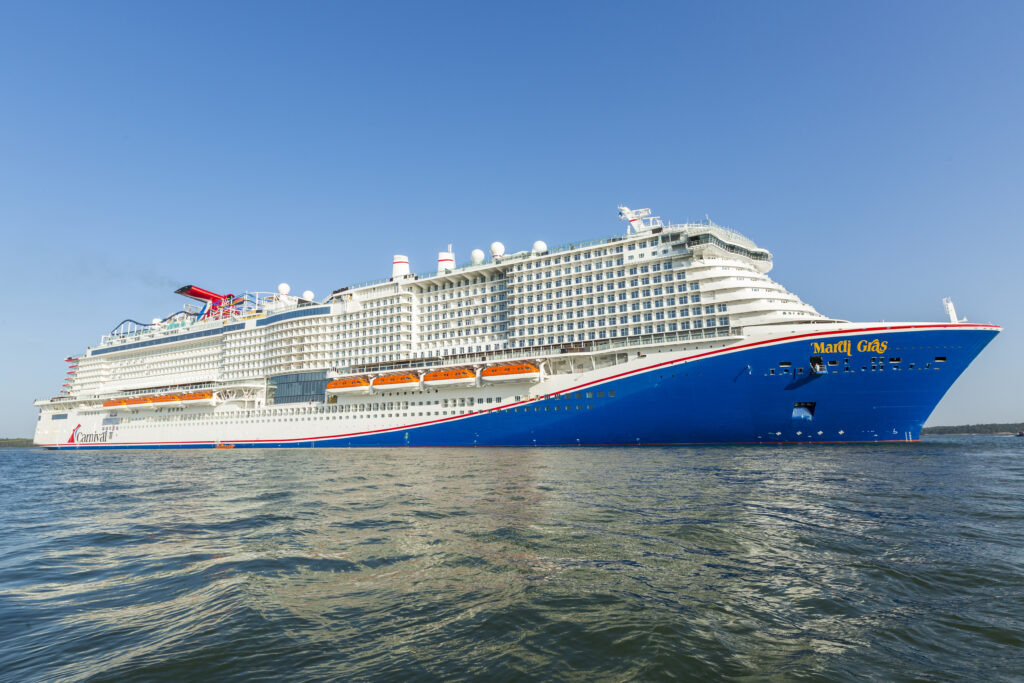
BV awards Ponant Notation for reducing the environmental impact of ships
Bureau Veritas (BV) has announced that it has awarded its Underwater Radiated Noise class NR614 to Ponant's Le Jacques-Cartier, the last sister-ship of six expedition-class cruise ships in the Explorer series of the brand.
BV claimed that the award of the notation represents the dedication of Ponant to reduce its ships and operations' environmental effects.
In order to help the management and mitigation of the effect of noise on marine fauna in both shallow and deep waters, BV said that NR614 lays down criteria for the assessment of underwater radiated noise and the 'acoustic sound signature' emitted by self-propelled ships.
The sound experiments were performed off the coast of Morgat, situated in the Gulf of Morbihan in Brittany, in September. BV experts with technical assistance from acoustic specialists Quiet Oceans studied the sound radiation from Le Jacques-Cartier to determine the vessel's acoustic signature, using a measuring buoy in the shape of a floating line with three hydrophones.
“We are very happy to have obtained this certification recognizing the years of research and development dedicated to the creation of the Ponant Explorer series. It perfectly illustrates our commitment to making environmental protection our priority, right from the design of ships,” said Mathieu Petiteau, director of newbuilding, research and development at Ponant.
In addition to the BV Comfort 1 certification, the URN notation, valid for 5 years at a maximum speed of 13 knots, guarantees passengers the lowest possible noise impact level, already provided to the entire Ponant fleet by BV.
The cruise line backed the ECHO program in 2017, an initiative taken by the Port of Vancouver. In order to minimize underwater noise in this area, Ponant's vessels deliberately reduced their speed in a significant feeding area for whales.
Subsequently, these steps were extended by Ponant, which agreed to restrict the average speed of all its vessels to 10 knots, regardless of the navigation zone, in order to minimize the effect on the underwater fauna.
Ponant has also contributed to the AQUO collaborative European research project, which studies underwater noise modeling. It highlights the effect on biodiversity of sound radiation linked to maritime transport and has released recommendations to optimize the design of future ships in particular.
Maritime Business World




YORUM KAT